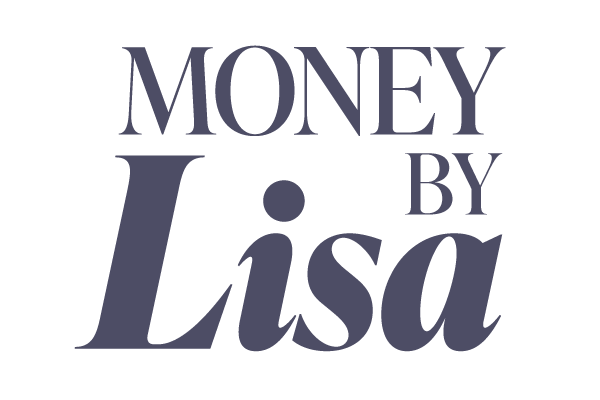Freedom
In my last missive, I wrote about lifestyle creep and specifically the difference between “sticky” creep and less enduring lifestyle changes. I want to continue on that theme by talking about the article in the New York Times that inspired me.
It is behind a paywall (Support journalism!) but here’s the summary. It was a profile of a woman in New York City who lucked into a $250 rent-stabilized apartment thirty years ago and has not moved since.
I can see you rolling your eyes. But I want you to look past the specific fact of the case (the $250 rent) and focus on the larger picture. What she said in the article — and I dearly love this quote — was, “That $250 represented a great deal of freedom.”
She is an artist with a variable income and by keeping her main must-have fixed expense low (ridiculously low), she was able to pursue the career that she wanted in the city that she loves. I cannot think of a more inspiring example of true financial wellness. Yes, of course, the apartment is not luxurious (although it looks positively palatial compared to my post-grad school NYC abode); I imagine that over these past thirty years she has had the economic ability to upgrade. But she didn’t because…well, see above.
In my previous blog, I wrote about how someone could insulate themselves against the vulnerabilities that durable lifestyle upgrades introduce. Yes, do that. But I didn’t talk about the opportunities that may be closed off to you when you take on heavier hard-to-turn-off expenses. These enduring expenses are not just housing, by the way. I would put decades-long debt (six-figure student loans without Public Service Loan Forgiveness on the horizon, enormous HELOC loans taken for major renovations) on the list as well.
Eons ago, I worked for a Wall Street investment firm. Most of my long-time co-workers were miserable. They were rich, but still miserable. The fundamental reason was that as much money as they had, they felt trapped in a job that they did not love. And the reason they felt trapped was that they had constructed a lifestyle infrastructure (home(s), private school tuition, sometimes spousal expectations) that could only be supported by their current employment. The classic Golden Handcuffs. When I left after just a few years and people asked why, I would say that I was leaving because I still could.
I am an advisor so to bring this back to where I started, I’ll offer some advice. As you consider a major lifestyle upgrade, consider not only your defensive plan if your income were to fall (insurance, emergency fund), but whether this new house (or whatever) will close off future opportunities.
(Hey, I’d love to be in touch regularly. My free newsletter contains this blog, as well as other articles written by myself and others. Please consider subscribing by visiting the MoneyByLisa home page.)
